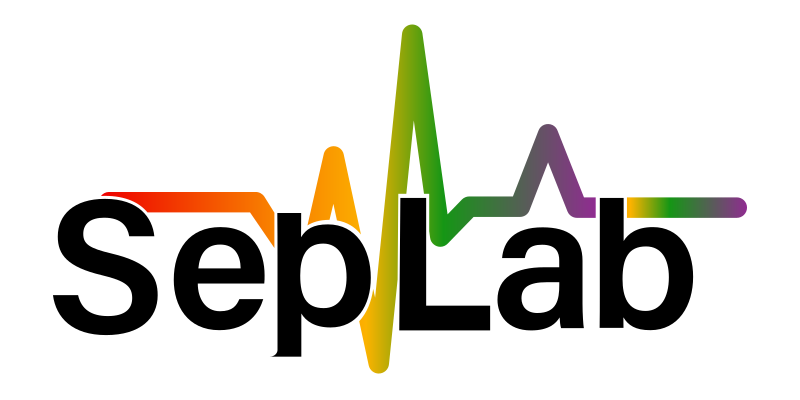Natasa Kalogiouri
Assistant Professor of Analytical Chemistry
- Phone
- Email
PERSONAL EXPERIENCE
Dr Natasa Kalogiouri is an Assistant Professor of Analytical Chemistry in the Laboratory of Analytical Chemistry, in the Department of Chemistry at the Aristotle University of Thessaloniki (AUTH). She studied Chemistry in the same University and graduated in 2011. She continued her studies in the same Department, from where she received her Master’s Degree in 2013 in Advanced Analytical Chemistry, with specialization in automated analytical techniques. In 2017, she was awarded the title of Doctor of Philosophy in Chemistry from the National and Kapodistrian University of Athens (NKUA), with a specialization in Analytical Chemistry. She has worked as a Postdoctoral Researcher in the Laboratory of Analytical Chemistry in the Department of Chemistry, in NKUA on several foodomics projects. She was granted a Postdoctoral Researcher Scholarship from the State Scholarships Foundation (IKY) for her proposal on the development of green microextraction protocols for the chromatographic separation of bioactive molecules and residues to guarantee food quality and safety. Overall, she has participated in 18 scientific programs and counts more than 70 scientific papers in peer-reviewed journals with an h-index of 19 (Scopus, 4/2025), she counts more than 60 conference announcements and she has co-authored 4 Chapter Books. She is a member of the Association of Greek Chemists, METROFOD-RI, Interdisciplinary Agrifood Center of the Aristotle University of Thessaloniki, and Member of European Chemical Society – Division of Analytical Chemistry (EuChemS-DAC)
Her research interests focus on the development of analytical methods using liquid or gas chromatographic analysis, including multidimensional chromatographic systems coupled to high resolution mass spectrometric detectors. She is specialized in omics analysis and the identification of unknown metabolites, and has developed in-house chemometric tools for data mining (data analysis, modeling, classification, and forecasting). Furthermore, she is a specialist in green sample preparation, focusing on the use of green microextraction techniques including fabric phase sorptive extraction (FPSE), capsule phase microextraction (CPME), solid phase microextraction (SPME), and SPME-Arrow, solid phase extraction utilizing molecular imprinted polymers (MIP-SPE), among other, for the selective extraction of analytes (natural compounds, organic contaminants pharmaceuticals, etc.), from food, biological, and environmental matrices.
SKILL
CHRONOLOGY
2015-Present
Nanostructured Materials
2008-2015
Nuclear Micro-Reactors
2000-2008
Cell And Molecular Biology

